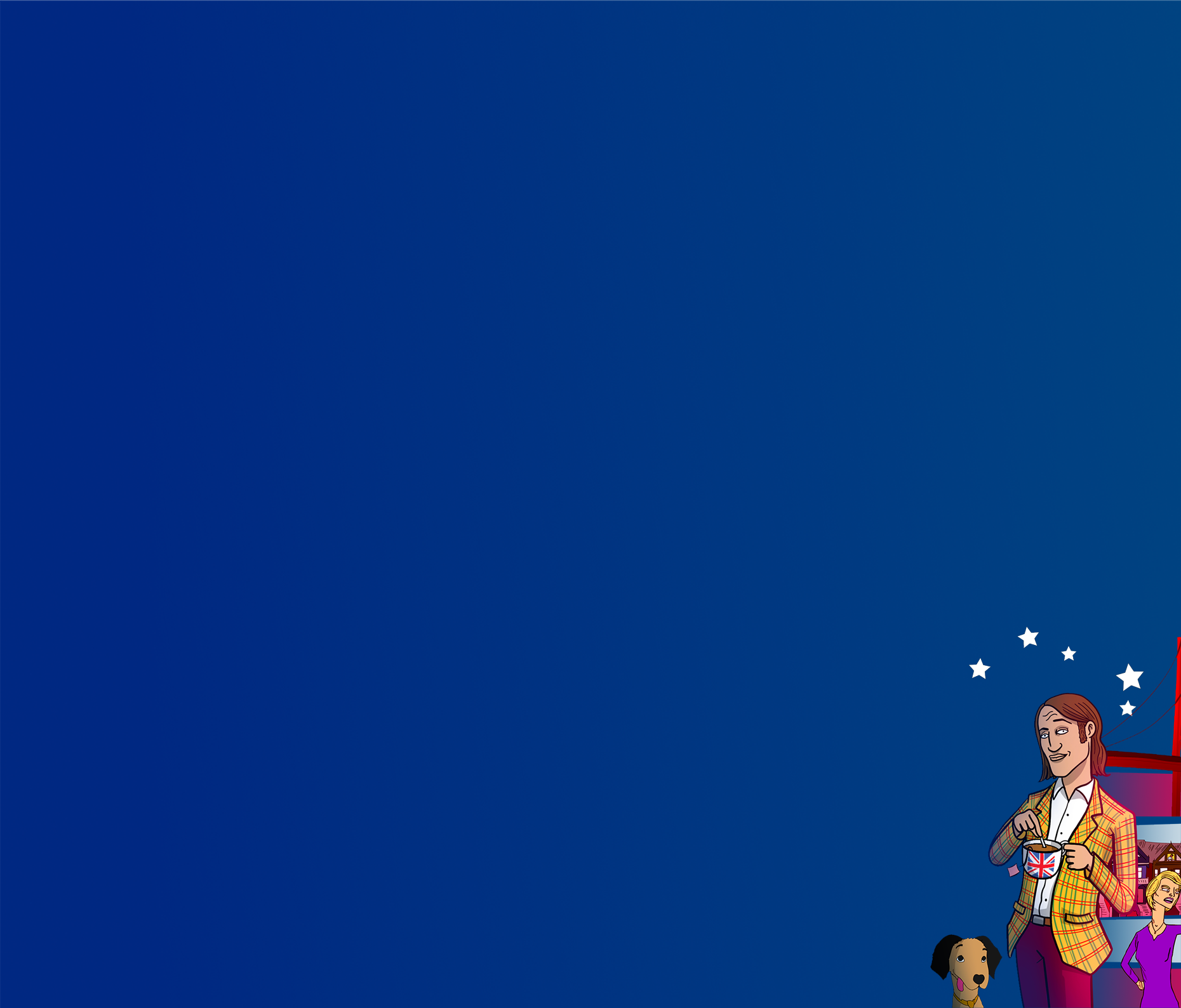The s in the third person singular form
In the present tense, regular verbs are conjugated by adding an s in the third person singular:
| I want | We want |
| You want | You want |
| He/She/It wants | They want |
I always wear blue jeans, and my sister always wears skirts.
Verbs ending in 'ss' 'ch' 'sh' or 'x' add 'es' to the end of the verb:
Luna washes her hair with a special herbal shampoo. (to wash)
The priest blesses his wine. (to bless)
Susie relaxes every day after lunch. (to relax)
For verbs ending in a consonant followed by 'y', we remove the 'y' and add 'ies' to the end of the verb. This does not apply to verbs ending in a vowel followed by 'y', which are conjugated normally.
My brother studies history. (to study > studies)
I hope my son marries someone rich. (to marry > marries)
I don't care what she says, I'm eating this cake. (to say > says)
Note:
• The auxiliary verbs be, have and do, plus the verb go, are irregular and are conjugated as follows:
| I am / am not | He is / isn't |
| I have / haven't | She has / hasn't |
| I do / don't | He does / doesn't |
| I go | She goes |
• The other auxiliary verbs, called modal verbs (will, must, may, would, etc.), have only one form therefore do not need an s in the third person singular:
She must come.
He should be here by now.
Still facing difficulties with 'The s in the third person singular form'? Improve your English with Gymglish's English lessons - try our online English course for free now and receive a free level assessment!
What our users say:
Find out about other grammar rules. Improve your English further and test Gymglish, online English lessons.
Tips for learning 'The s in the third person singular form'? Share them with us!

